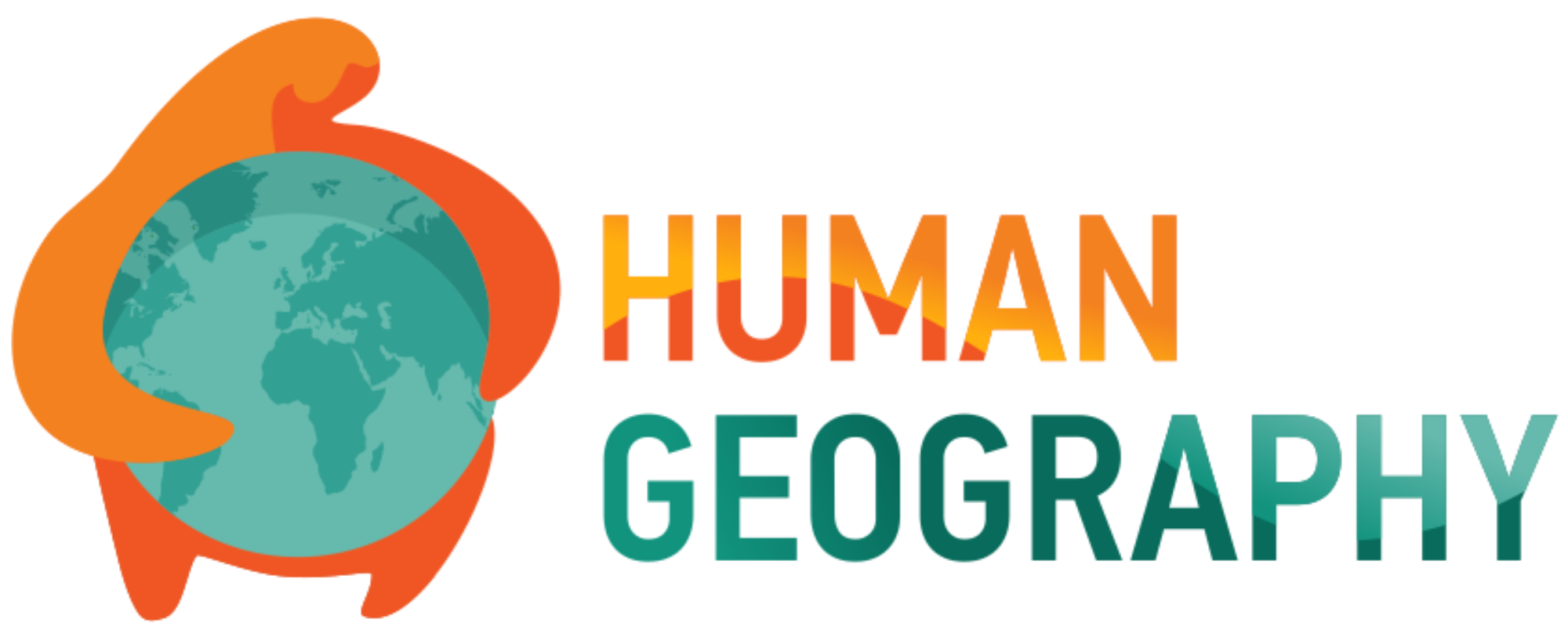Workshop Abject Lives: Keynotes
Keynote Lecture I
Making Kin with Carp; Possibilities for
Decolonising Invasive Species Management
Jennifer Atchison, Australian Centre for
Environment, Society and Space, University of
Wollongong
March 25, 2020, 5:15 pm
Venue: Lecture Hall 4 1.43 (Geography Building)
| Campus Heide-Süd
Contemporary governance responses to invasive species are dominated by the use of the ‘invasion curve’ which assists in predicting the spread of biological populations, facilitating targeted management interventions, and optimising impact reduction and management resource expenditure. This paper considers the governance and management of invasive species in Australia, as tools for rendering life abject. Drawing on case examples of invasive species management from across Australia, including carp (Cyprinus carpio), I trace how the invasion curve acts to define, limit and control invasive life, and exclude it from care or concern. The paper also considers how such authority can work to disconnect those lives and decision making about them, from the relations of Country in which they are embedded. Taking seriously Indigenous ontologies and responses to ecological crisis, I ask whether invasive life might also become part of Country, and kin. As emissary for the abject, making kin with carp is not straightforward. However, attention to relations and territories of nonhuman kin, acknowledges the rights of Indigenous peoples, to define and delimit those relations, as they see fit. In this case, making kin with those that are loathed, as well as those that are loved, might provide possibilities for decolonising invasive species management by instilling it with new obligations and responsibilities.
Keynote Lecture II
Vive la Resistance! – Postcolonial Global
Health, Microbes and Antimicrobial Resistance
Steve Hinchliffe, College of Life and Environmental Sciences, University of Exeter, UK
March 26, 2020, 5:15 pm
Venue: Lecture Hall 4 1.43 (Geography Building) | Campus Heide-Süd
How do we engage with a surfeit of microbial resistance? In this paper I argue that the tendency to treat drug resistance as material recalcitrance, and to assume that its very singularity provides the basis for a unified and global approach to the problem, irrespective of milieu, risks reproducing a form of human exceptionalism and abjection that resistance itself should have us pause to question. The implications for global health and healthy publics will be introduced through field and other case studies.




